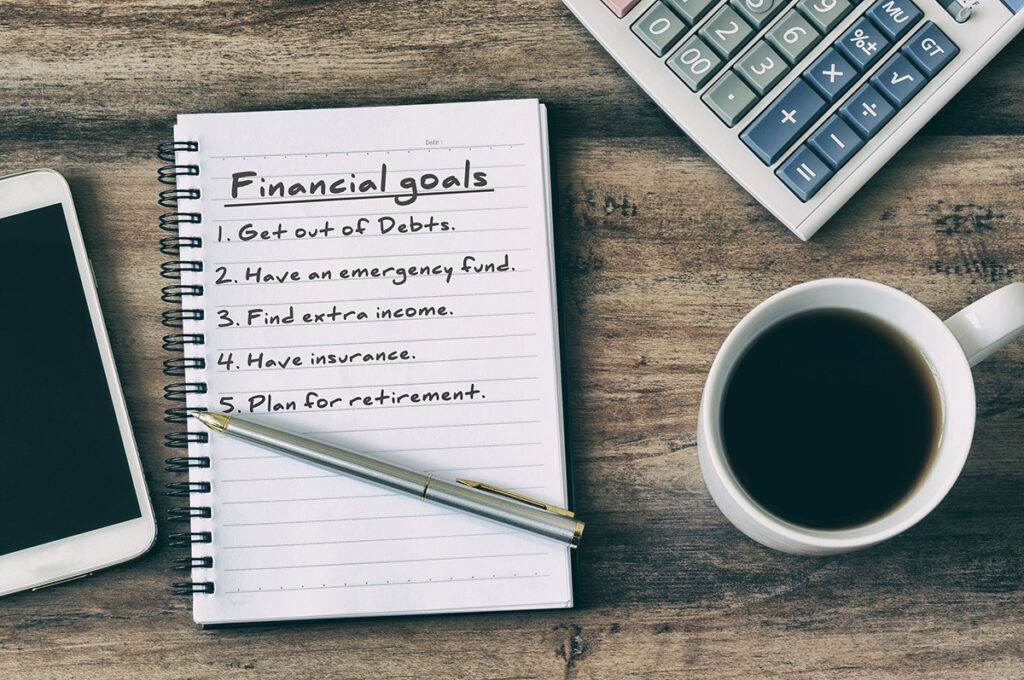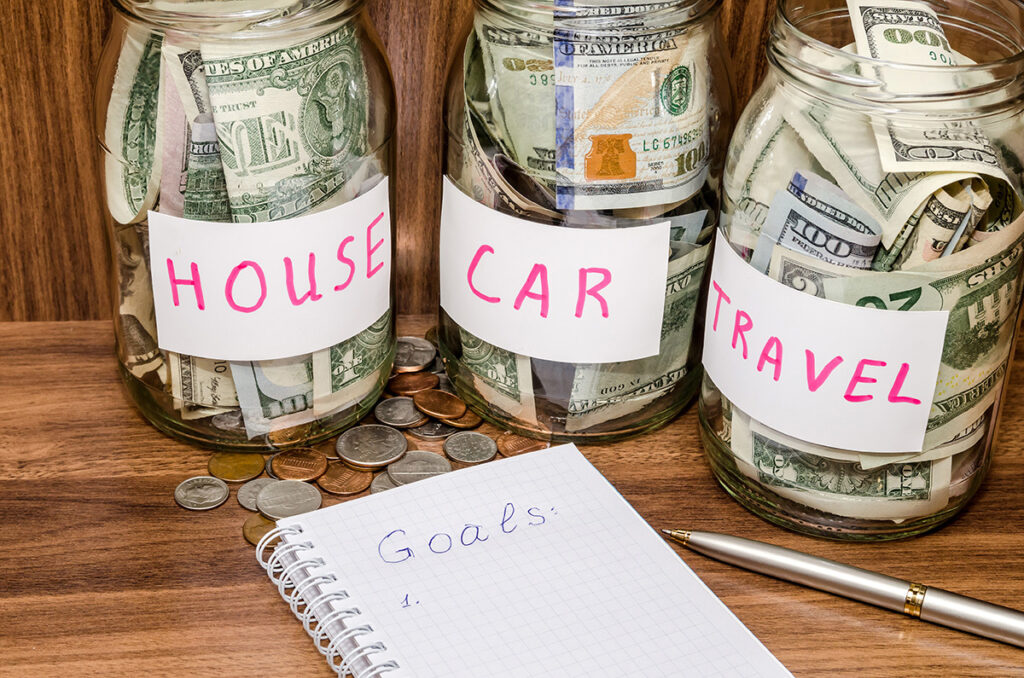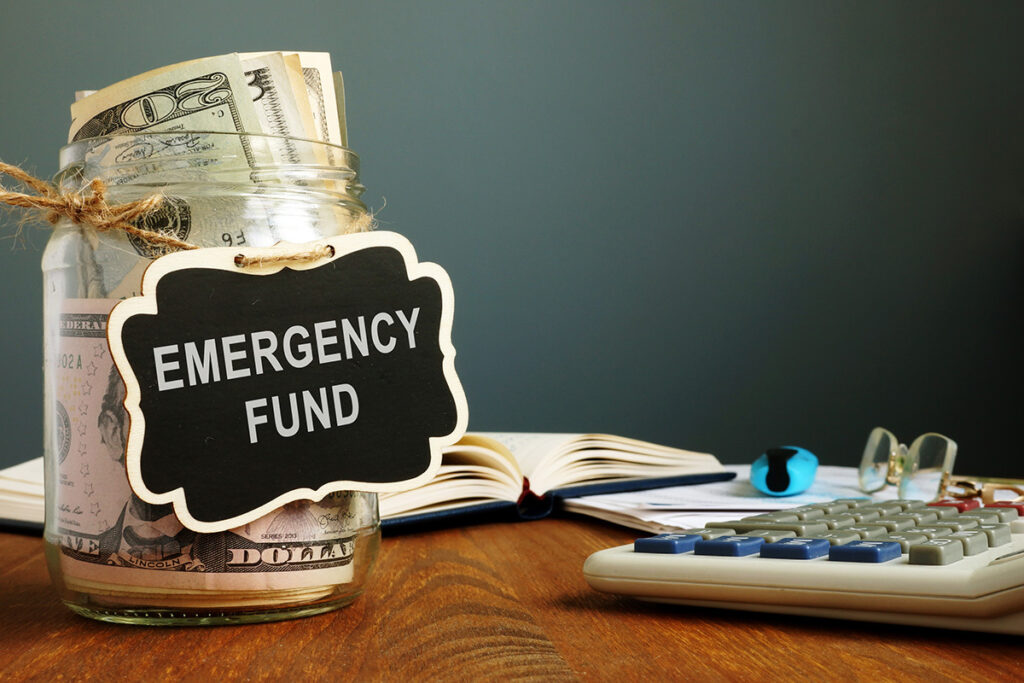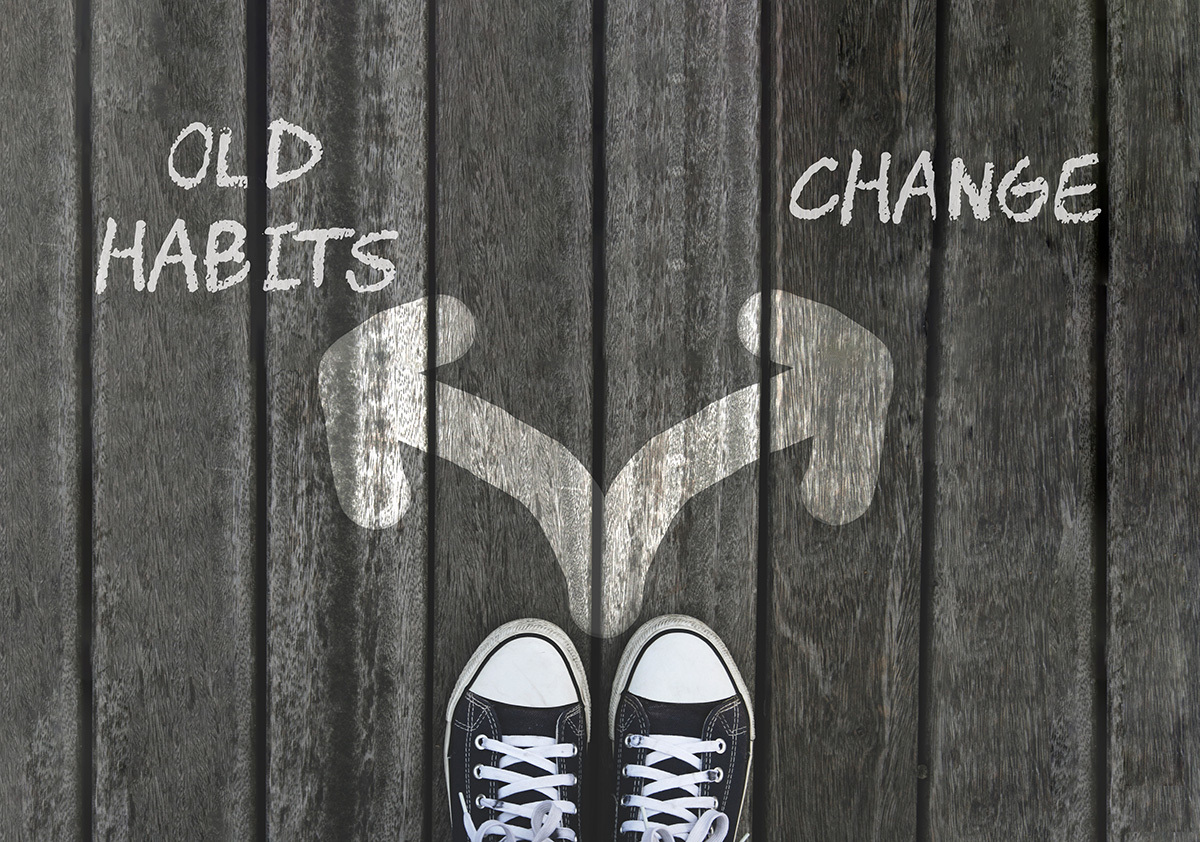Best Practices to Build Good Money Habits and Financial Security
“Good money habits.” Is that investing or stuffing a few dollars in the coffee can? Americans have various ideas about what good money habits should be. Yet, according to an Empower Finance poll, 53% believe the best financial routine is how to budget and track expenses.
Budgeting and tracking expenses make it easier to form good money habits with proper financial practice. Yet, practice is more possible if you learn those crucial lessons in early adulthood.
Creating financial management routines can be personal because it forces individuals to feel uncertain because they don’t know what to do or shameful because they should have known how. These practical tips may not surprise you, but they are reminders for creating your account and peace of mind.
Write Down Your Financial Goals

There is something gratifying and fixating about writing something down to commit as a goal. Having this on a sticky note or plastered on a vision board to see every day transforms fleeting thoughts into tangible destinations.
These written goals help reinforce the good money habits you need to experience financial wellness. Learn these goals, commit them to memory, track your progress, and accomplish what you set out to do.
Invest in Yourself
Most of us pay our bills, save some money, and spend whatever small amount is left on ourselves. How will that reinforce positive values if we continually place ourselves last? Also, if we don’t invest in ourselves and put a set amount in savings first, we will be less likely to save anything.
Set that amount at the beginning of each pay period and make that a priority–make yourself a priority. Doing that creates momentum and allows you to believe that you are essential and it is possible to achieve financial wellness with whatever you earn and wherever you live.
Understand Your Budget

Managing your money can be a lifelong experience of learning and losing, earning and achieving. Without a budget to help push you forward, you will spend money you don’t have and earn only what you think you can do. Budgeting is emotional. Our feelings encourage us to buy things and discourage us from doing things we may not want (like saving that money).
If you don’t want to write things down, try one of the many budgeting apps online. Both Apple and Google Play stores have reviews to help you find the one that best suits your needs. These apps can simplify your path to paying bills each month and tracking expenses every week. Making good money habits is like anything else–make them part of your daily living.
Implement the “24-Hour Rule”
Impulsive spending is one of the most powerful adversaries to someone who hasn’t achieved financial wellness with sound financial practice and good money habits. You see it online or in a store. You don’t need it, but you justify the desire and buy it anyway.
So, what is this “24-Hour Rule”? It’s a simple act that teaches patience and reinstills thoughtful spending habits. If you see something you want, wait a day and ask yourself if it’s unnecessary. That time away from your wallet could be enough to make you wait until you can afford the expense without incurring unnecessary debt.
Automate Savings
According to a new Bankrate survey, more than one-third (36 percent) of U.S. adults have more credit card debt than emergency savings. We prioritize spending rather than savings. That must stop if we are going to get caught up on our bills and experience financial wellness.
If you want to save money, consider making the money out of sight. If you don’t know you’re keeping it, you won’t miss it. Since money is emotional, we can experience a longing for the money we know is there but can’t touch. If our savings are automatic, we won’t miss it coming from our checking account to a savings account. Your employer can do it for you. It’s your job not to touch it.
Create an Emergency Fund

How can you prevent financial emergencies? Always be prepared for one. The day may come when the car doesn’t start or that surprise bill arrives. Perhaps it’s something more serious, such as an unplanned medical episode or a divorce. Either way, those events demand money immediately.
You could put that expense on credit cards without an emergency fund of about $1,000. Thanks to minimum payments and spiking APR, paying something that should only take a day may take years. Many experts ask for three to six months of living expenses to be set aside for emergencies. Whatever it takes, the cost can be immeasurable without one.
Live Frugally
One of the most challenging decisions about good money habits and financial wellness seems like it should be the easiest to accomplish. From staring at your financial goals to understanding your budget, whatever it takes to experience peace of mind, it all begins with living below your means.
Just because you make enough to afford certain things doesn’t mean you “need” to buy those things. Treat yourself, save up for something, and enjoy what you can by paying for it debt-free. Financial security begins with analyzing your budget and being honest about what you need versus what you want and what is essential.
